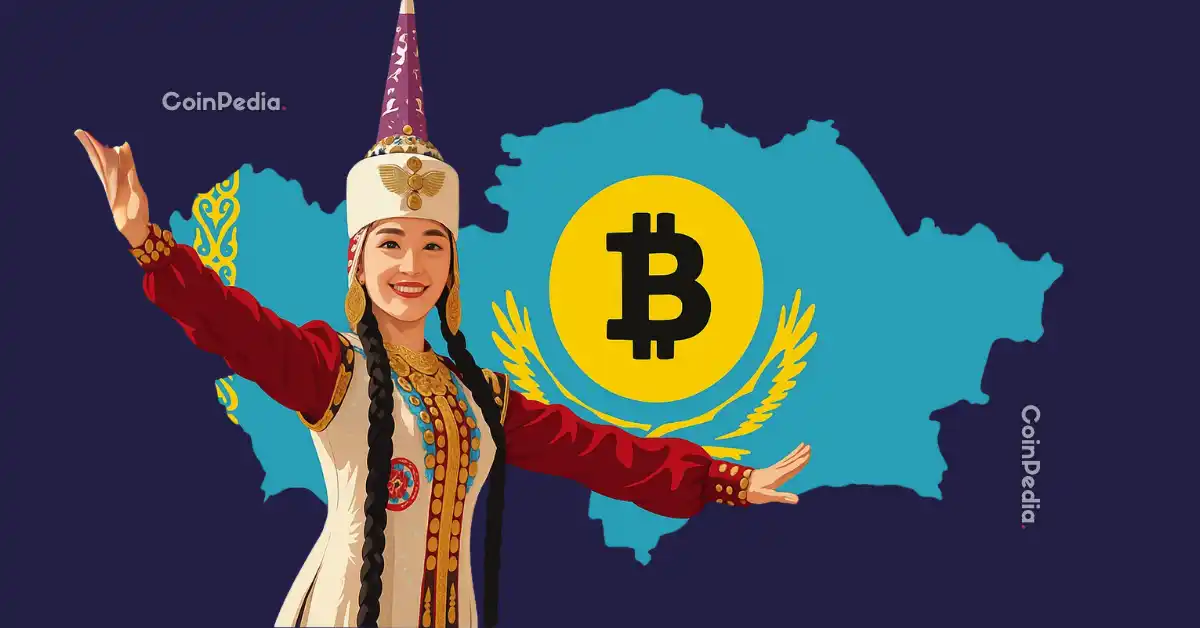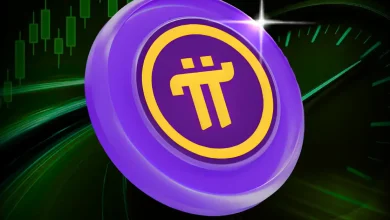
Kazakhstan plans to launch a state-backed crypto reserve by 2026, holding top cryptocurrencies and tokenized assets.
The country is expanding its digital tenge and building CryptoCity in Alatau as a fully digital hub.
With a Bitcoin ETF and strong mining base, Kazakhstan aims to lead the global race in digital finance integration.
Kazakhstan is making a bold move into the digital age, with plans to launch a state-backed cryptocurrency reserve and implement sweeping fintech reforms by 2026. President Kassym-Jomart Tokayev aims to integrate cryptocurrencies and tokenized assets into the country’s financial backbone, making Kazakhstan one of the few nations openly backing crypto at a national level.
National Crypto Reserve
In his latest address, Tokayev proposed the creation of a State Digital Asset Fund under the National Bank’s investment arm. This fund will hold a reserve of top cryptocurrencies and tokenized assets, essentially a digital treasure chest for the nation.
“Given the current realities, we must focus on crypto-assets. A State Digital Asset Fund should be established under the National Bank’s investment corporation. This fund would accumulate a strategic crypto reserve consisting of the most promising assets of the new digital financial system,” Tokayev said.
To make this vision possible, lawmakers are expected to pass a digital asset law by 2026, offering clear rules for tokenized platforms and fintech startups. Crypto influencer Mario Nawfal called this the “snowball effect,” where one country’s adoption sparks momentum worldwide.
Digital Tenge and CryptoCity
Kazakhstan is already ahead with its digital tenge, first piloted in 2023 and integrated into public budgets by 2025. It’s now used in financing government projects and could soon become a central tool for everyday payments.
Tokayev’s vision also includes CryptoCity in Alatau, a futuristic hub where crypto would be seamlessly used for groceries, bus tickets, and public services. He described it as “the future of Kazakhstan,” where technology blends with daily life.
Bitcoin ETF and Mining Power
In August, Kazakhstan launched Central Asia’s first spot Bitcoin ETF on the Astana International Exchange, giving investors a regulated way to gain exposure to Bitcoin. This complements its existing strength as a major Bitcoin mining hub, which at one point powered nearly 13% of the global network, though it has faced challenges like illegal mining and energy shortages.
Leading the Digital Finance Race
With a national crypto reserve, a functioning digital currency, an experimental CryptoCity, and the region’s first Bitcoin ETF, Kazakhstan is positioning itself as a digital finance trailblazer. If Tokayev’s ambitious plan succeeds, the country could set an example for how nations can integrate crypto into their economies and daily lives.
Never Miss a Beat in the Crypto World!
Stay ahead with breaking news, expert analysis, and real-time updates on the latest trends in Bitcoin, altcoins, DeFi, NFTs, and more.
FAQs
President Tokayev has asked lawmakers to finalize a comprehensive digital asset law by 2026 to regulate tokenized platforms and fintech startups.
Kazakhstan wants to build a state-backed digital asset fund to hold top cryptocurrencies and tokenized assets. The reserve is meant to secure the nation’s financial future, diversify its economy, and strengthen its position in global digital finance.
The digital tenge, Kazakhstan’s CBDC, is already used in government budgets. By 2026, it is expected to become part of everyday payments, making transactions faster, cheaper, and more transparent across the country.
CryptoCity in Alatau is designed as a fully digital hub where people can pay for groceries, transport, and public services using crypto. It aims to showcase how blockchain can be integrated into daily life.
Yes. With its crypto reserve, Bitcoin ETF, digital tenge, and fintech reforms, Kazakhstan is positioning itself as one of the most crypto-friendly countries in the world.
Trust with CoinPedia:
CoinPedia has been delivering accurate and timely cryptocurrency and blockchain updates since 2017. All content is created by our expert panel of analysts and journalists, following strict Editorial Guidelines based on E-E-A-T (Experience, Expertise, Authoritativeness, Trustworthiness). Every article is fact-checked against reputable sources to ensure accuracy, transparency, and reliability. Our review policy guarantees unbiased evaluations when recommending exchanges, platforms, or tools. We strive to provide timely updates about everything crypto & blockchain, right from startups to industry majors.
Investment Disclaimer:
All opinions and insights shared represent the author's own views on current market conditions. Please do your own research before making investment decisions. Neither the writer nor the publication assumes responsibility for your financial choices.
Sponsored and Advertisements:
Sponsored content and affiliate links may appear on our site. Advertisements are marked clearly, and our editorial content remains entirely independent from our ad partners.








